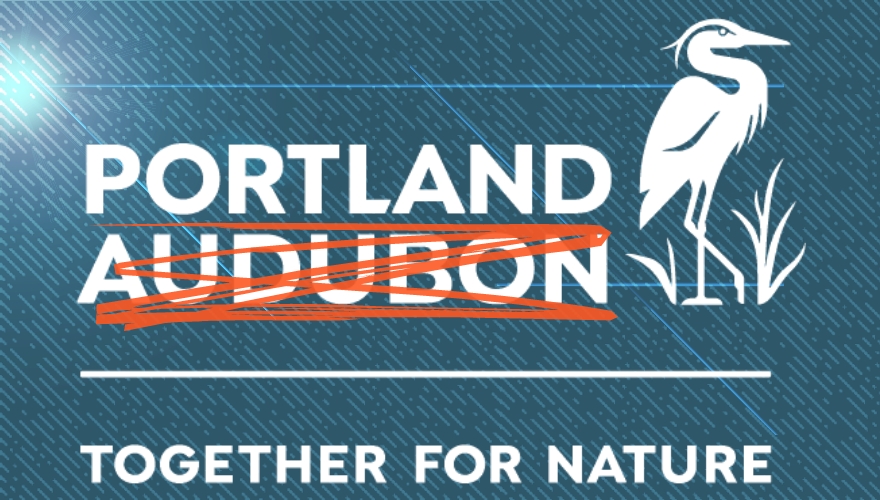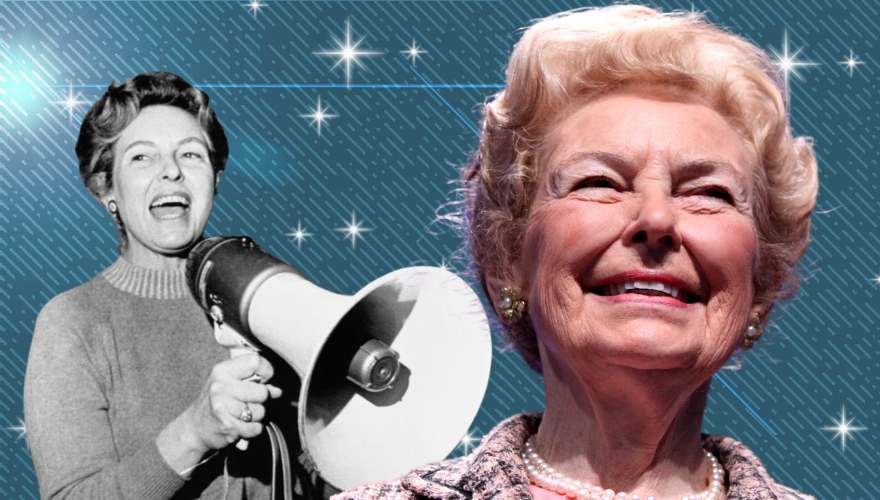The National Audubon Society is facing internal backlash over its name and its namesake's alleged ties to white supremacy.
The bird conservation nonprofit was founded in the early 1800s by John Jamea Audubon, an artist, naturalist, and woodsman who resided in Kentucky with his wife Lucy. The Audubons were also slave owners with nine enslaved people working in their home until they were sold around 1830. At that time, Audubon and his wife moved to England so he could oversee the production of his four-volume book collection The Birds of America for which he became well known.
“There have long been lingering questions about Audubon’s own racial identity,” says the National Audubon Society. “His birth in Saint-Domingue (now Haiti) to one of his father’s two mistresses on a sugar plantation suggests he may have shared some measure of African descent.”
The Portland Audubon Society announced on Feb. 28 that its board had voted to change its name to distance itself from Audubon and his connection to slavery in America. The group says the organization’s namesake “enslaved and sold Black people, opposed the abolition of slavery, and dug up and stole the human remains of Native Americans from their graves." Therefore, the board "cannot continue to condone bearing a name that celebrates a slaveholder who embraced white supremacist systems."
“By changing our name, we get to more fully live values as an organization committed to racial equality, and create a place where people from all communities can come together for nature,” said Stuart Wells, the Portland Audubon’s executive director. “John James Audubon may mean ‘birds’ to some, but to others it means ignoring a legacy of systemic racism.”
“By moving away from the name, we can reduce harm and find a name that reflects the kind of environmental movement we can be proud to be a part of,” added Wells.
Audubon chapters in Seattle, Madison, and Chicago have all opted to drop “Audubon” from their names, as has the Audubon Naturalist Society. The Portland chapter urged the National Audubon Society “to do the right thing” and also drop the name in favor of a “collaborative renaming process.”
“National Audubon Society should remove the name Audubon as this would make a strong statement toward the network’s commitment to racial equity. It would allow the Audubon network to stay intact and help chapters move forward together with a unified voice,” the statement said.
On its website, the National Audubon Society says:In this critical time of reckoning with racism, we must recognize that the institution of slavery in America’s past has a deep connection to institutions in the present—our governments, businesses, banks, universities, and also some of our most respected and beloved organizations. Audubon didn’t create the National Audubon Society, but he remains part of its identity. As much as we celebrate his environmental legacy, we need to grapple with his racial legacy.

